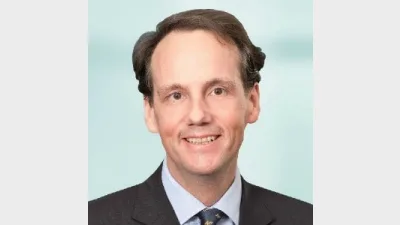Shipton defends ASIC’s close relationship with bank execs



The frequent contact between Australian Securities and Investments Commission (ASIC) commissioners and the chief executives and boards of the institutions they regulate is purely professional, ASIC’s chair, James Shipton, has told the Royal Commission, amid concern that the regulator has been in the banks’ pockets.
Shockingly, Shipton also admitted that ASIC’s practice was that formal notes or reports were not required of such contact, which generally occurred two to four times a month.
Under questioning from Senior Counsel assisting the Commission, Rowena Orr SC, Shipton said that he had called CEOs and spoken at board meetings on “my dissatisfaction on what I call ‘legal trench warfare’ … and on the lack of professionalism in the financial services industry … and I have spoken about the fact they have forgotten they are handling other people’s money”.
He also said he had escalated and amplified ASIC’s concerns to CEOs in instances where enforcers at the regulator were concerned about delays or transience from their institutions.
In the face of Orr’s doubt on the transparency of such interactions, he said that the approach had been “extremely successful” and reflected his belief that “CEOs and executives should be more engaged and more aware” of what occurs between their institutions and ASIC.
There were, however, no formal notes required of such meetings, with Shipton saying that he personally chose to take them only when a matter of significance, especially regarding an enforcement action, was mentioned.
When asked if by Orr if a formal record would improve transparency, Shipton admitted that “that very may well be” but also the meetings are designed to be “a free-flowing dialogue between the board members and the commissioners of ASIC”, which the lack of formal minutes enabled.
Commissioner Kenneth Hayne pointed out that having a notetaker at these meetings would “help preserve the corporate memory of what was said”, with Shipton agreeing and saying that “in part, was the intent behind having one of our senior executives attend these meetings in recent times”.
Shipton said that he was careful not to be “too friendly, too familiar, too social” in communications with CEOs and boards, “ensuring they remain, as they are in my mind, professional and very much anchored in the purpose for which I do them, which is information accumulation, regulatory messaging, and baseline assessment as to, to be brutally honest and blunt, their performance in regard to compliance with our laws and regulations”.
He also said that he had told his colleagues “the importance of treating carefully and with a healthy dose of scepticism some of our interactions with the regulated population … and it’s clear they share that mindset as well”.
Recommended for you
The Reserve Bank of Australia (RBA) has lowered rates to a level not seen since mid-2023.
Financial Services Minister Stephen Jones has shared further details on the second tranche of the Delivering Better Financial Outcomes reforms including modernising best interests duty and reforming Statements of Advice.
The Federal Court has found a company director guilty of operating unregistered managed investment schemes and carrying on a financial services business without holding an AFSL.
The Governance Institute has said ASIC’s governance arrangements are no longer “fit for purpose” in a time when financial markets are quickly innovating and cyber crime becomes a threat.












